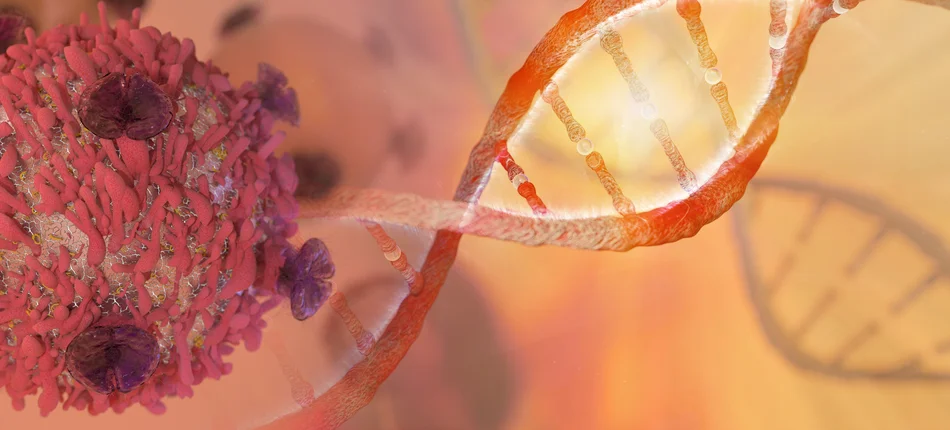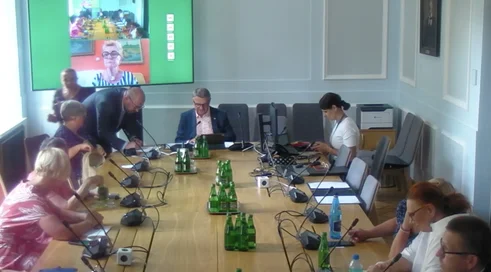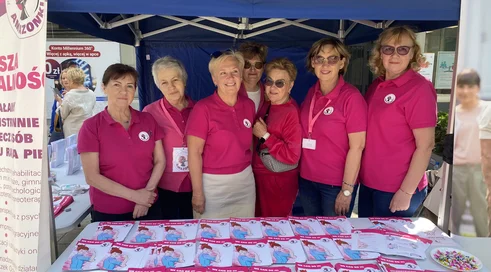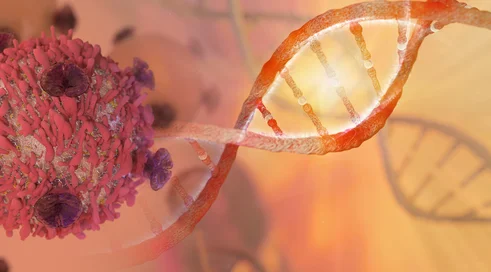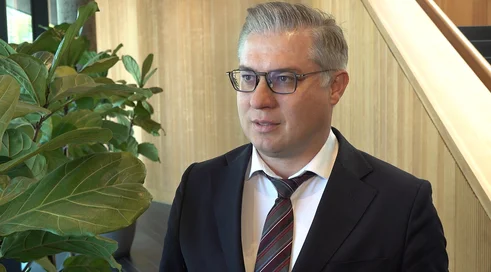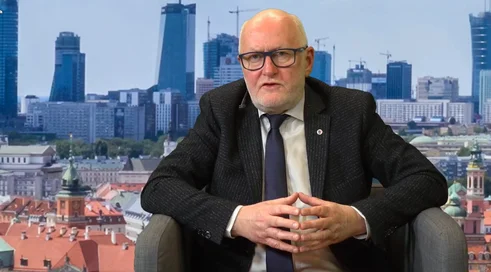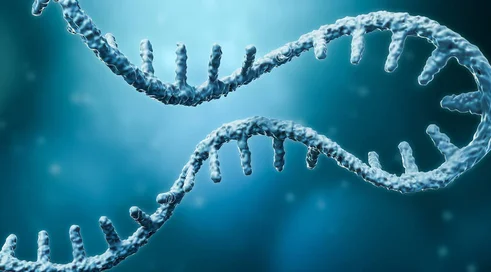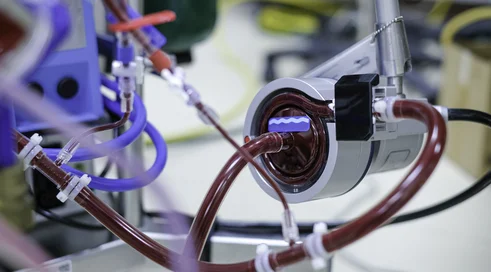The detection of the new gene was made possible by the identification of the ATRIP repeat mutation (c.1152_1155del; p.Gly385Ter) in a genetically homogeneous Polish population. The study included 16,000 breast cancer patients and 9,000 healthy women. The researchers' results suggest that carriers of the "Polish" mutation have an increased risk of developing breast cancer by more than 2 times, at more than 20%. If breast cancer was found among relatives of carriers of this mutation, the risk of the disease is more than 30%. The number of carriers of mutations of the ATRIP gene in Poland is estimated a...
Content locked
To gain access to the complete English section of the Medexpress.pl, kindly reach out to us at [email protected].





